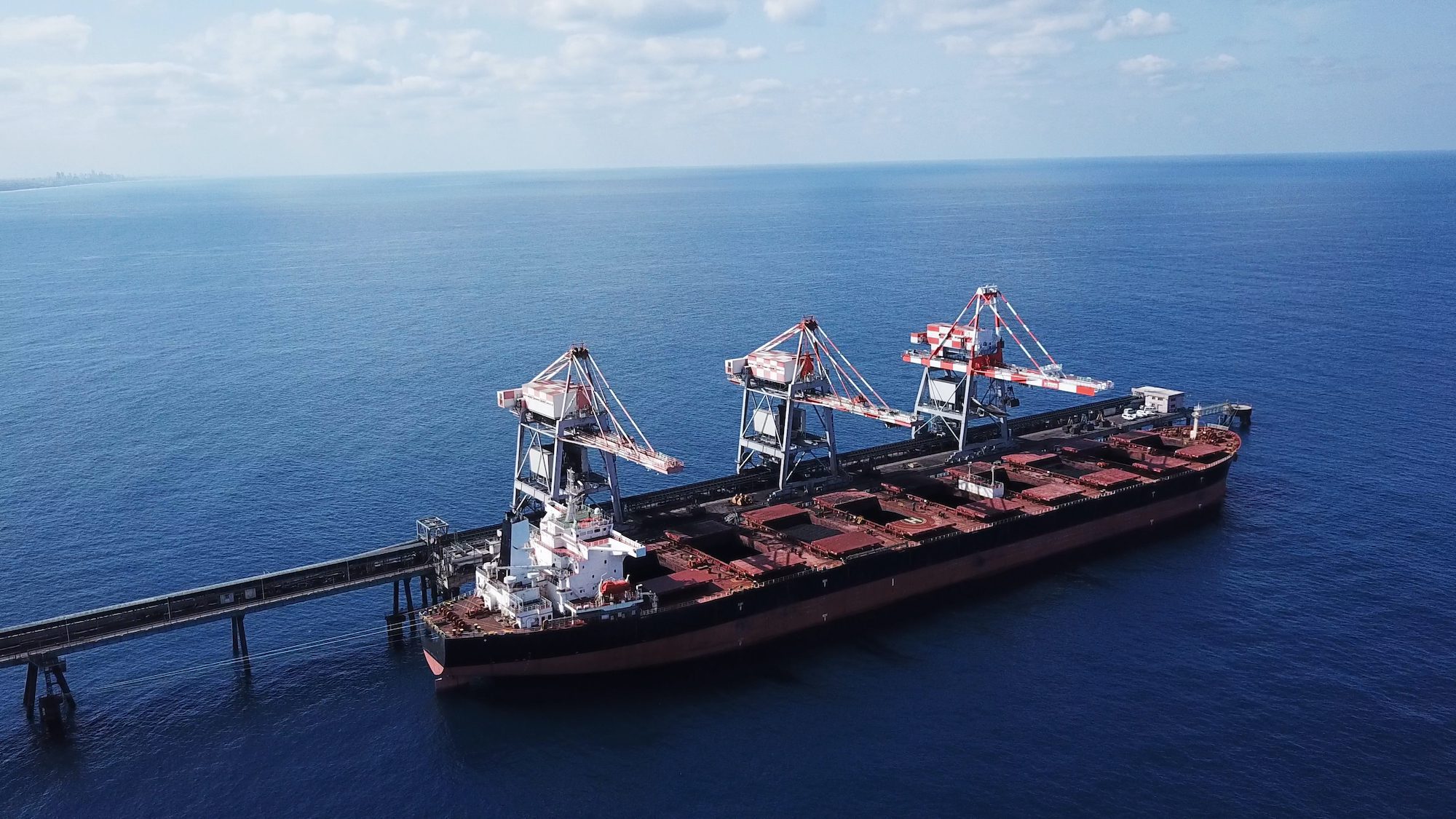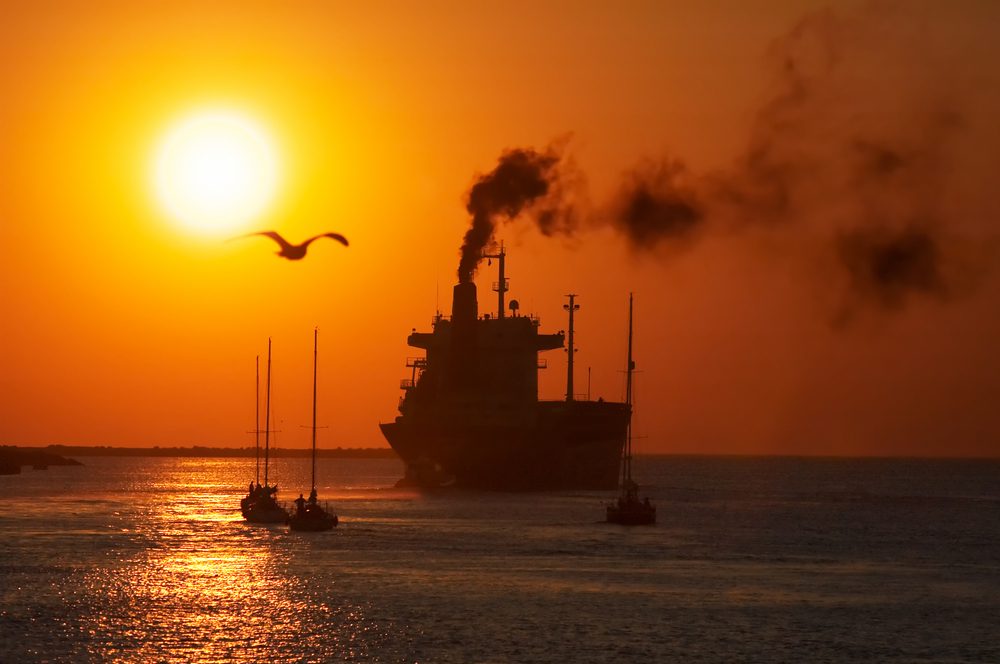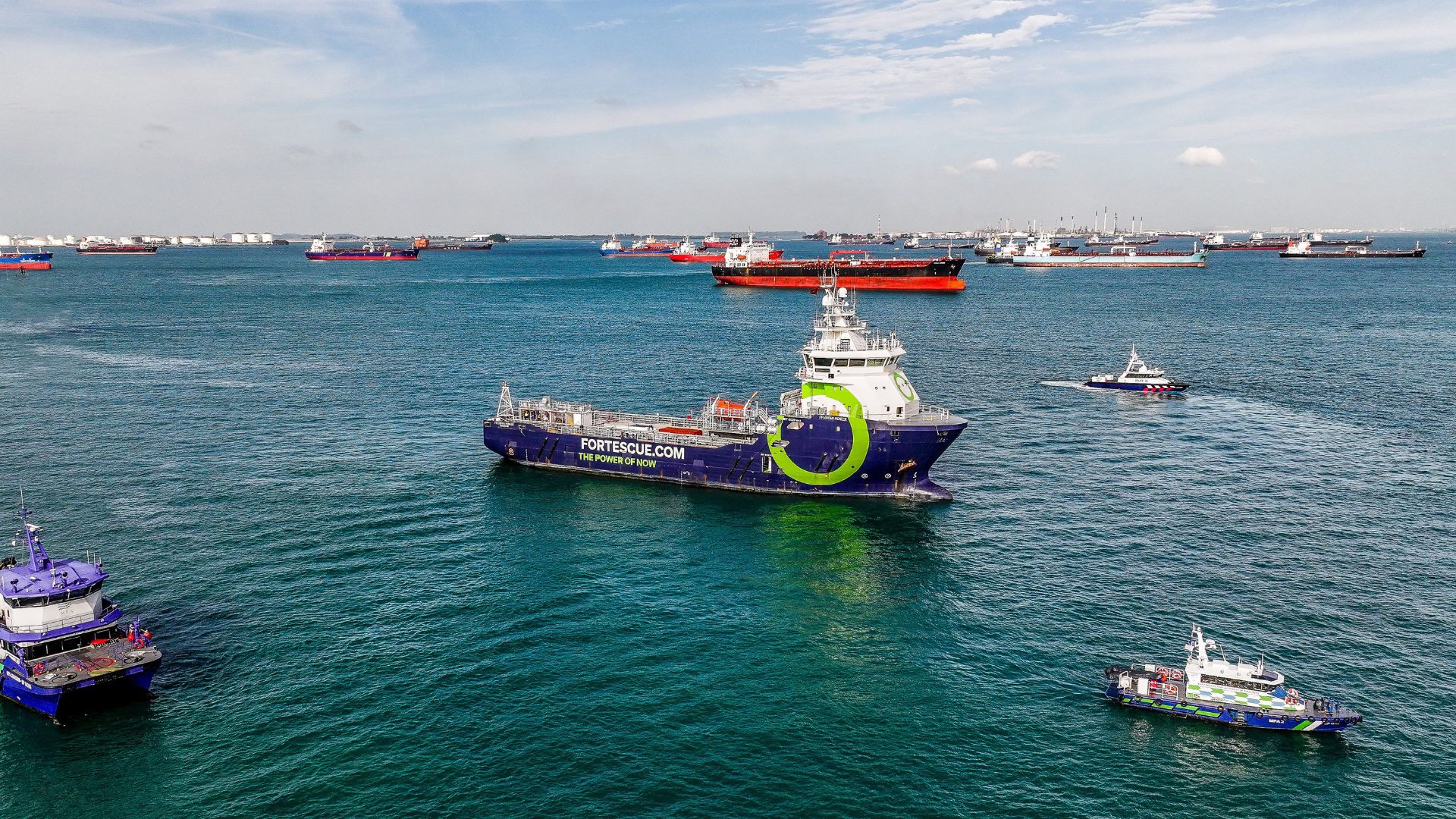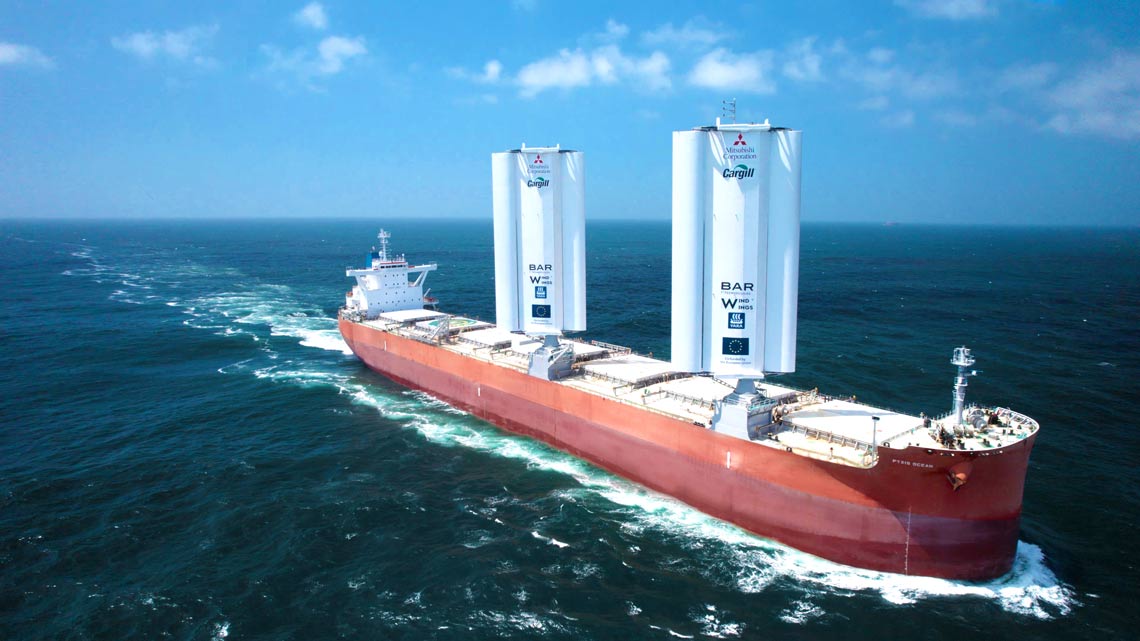By Jack Wittels (Bloomberg) —
Commodities trading giant Cargill Inc. expects some of its freight vessels to be powered by clean marine fuel before the end of this decade.
In 2020, Cargill shipped almost 200 million tons of iron ore, grains and other goods around the world. It has as many as 700 vessels on the water at a time, and most of them are leased. All those carriers currently are powered by oil — as is the majority of the world’s merchant shipping fleet, which spews more carbon dioxide into the atmosphere than Germany and the Netherlands combined.
“I’m very confident that we will have some zero-carbon fuel ships by 2030,” Jan Dieleman, president of Cargill’s Ocean Transportation business, said in an interview. “The big challenge is how fast are we going to be able to scale.”
The number of zero-carbon ships Cargill will control and the type of fuel they will use hasn’t been determined yet. The Minneapolis-based company is involved in trials of alternative options, including biofuels, ammonia and methane.
The green vessels likely will be at the larger end of the size scale. Cargill’s fleet includes giant Capesize vessels, typically capable of carrying about 180,000 tons of commodities including ores, coal and grain, as well as Panamax, Supramax and Handy size ships.
Amazon.com, Ikea of Sweden AB and Unilever Plc are among the companies announcing they want to cut shipping emissions. In perhaps the clearest sign of the industry’s transition, container giant A.P. Moller-Maersk A/S already invested in 12 new vessels powered by clean methanol.
But there is still a long way to go. The International Maritime Organization, shipping’s global regulator, has yet to produce a full plan for wide-scale decarbonization in line with the Paris Agreement.
A big part of the decarbonization challenge for Cargill will be ensuring there are enough supplies of these alternatives in the right locations.
“We’re talking about technologies that are not on the water yet, supply that isn’t there yet,” Dieleman said. “There’s a lot of ‘ifs’ and ‘buts’ still.”
© 2022 Bloomberg L.P.
Editorial Standards · Corrections · About gCaptain
This article contains reporting from Bloomberg, published under license.

 Join The Club
Join The Club











